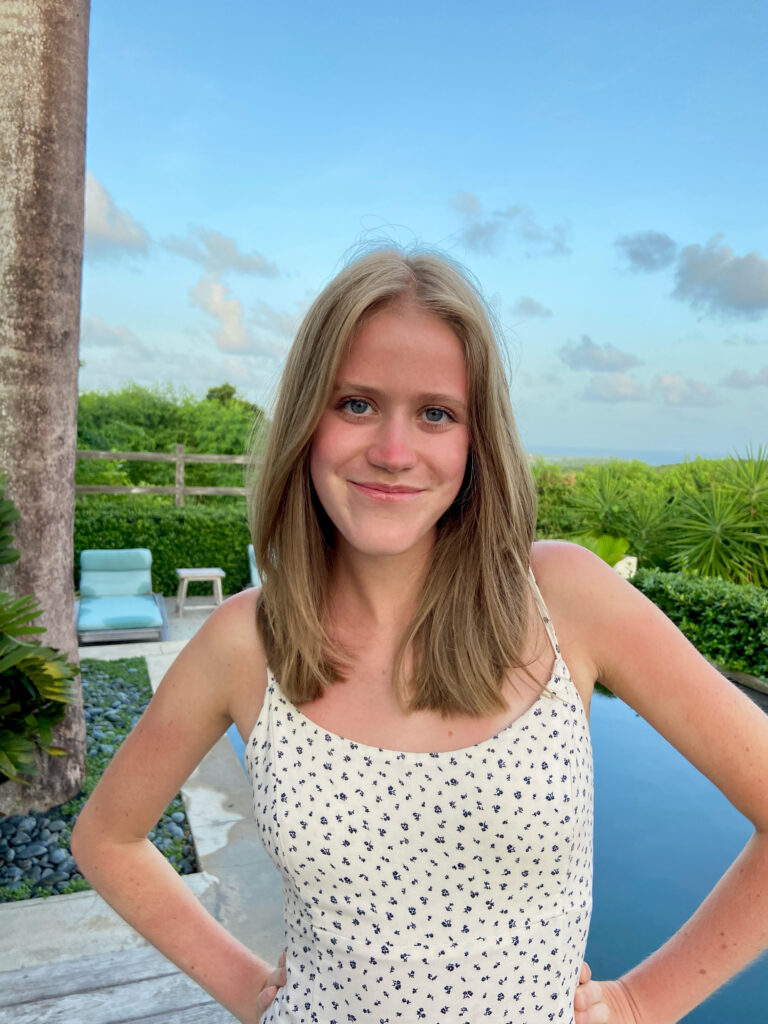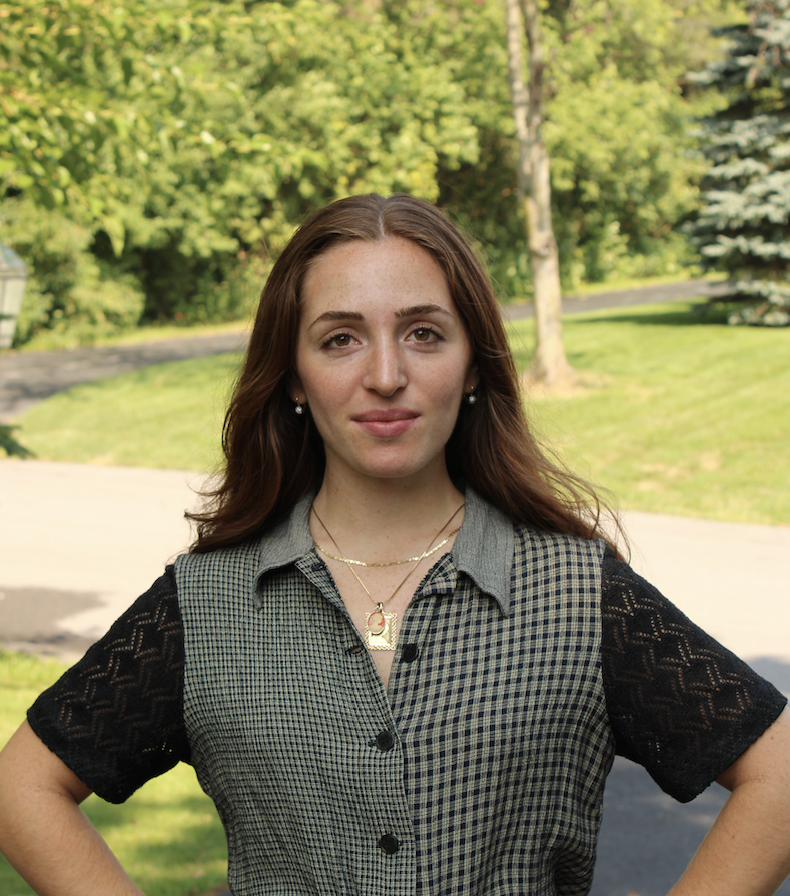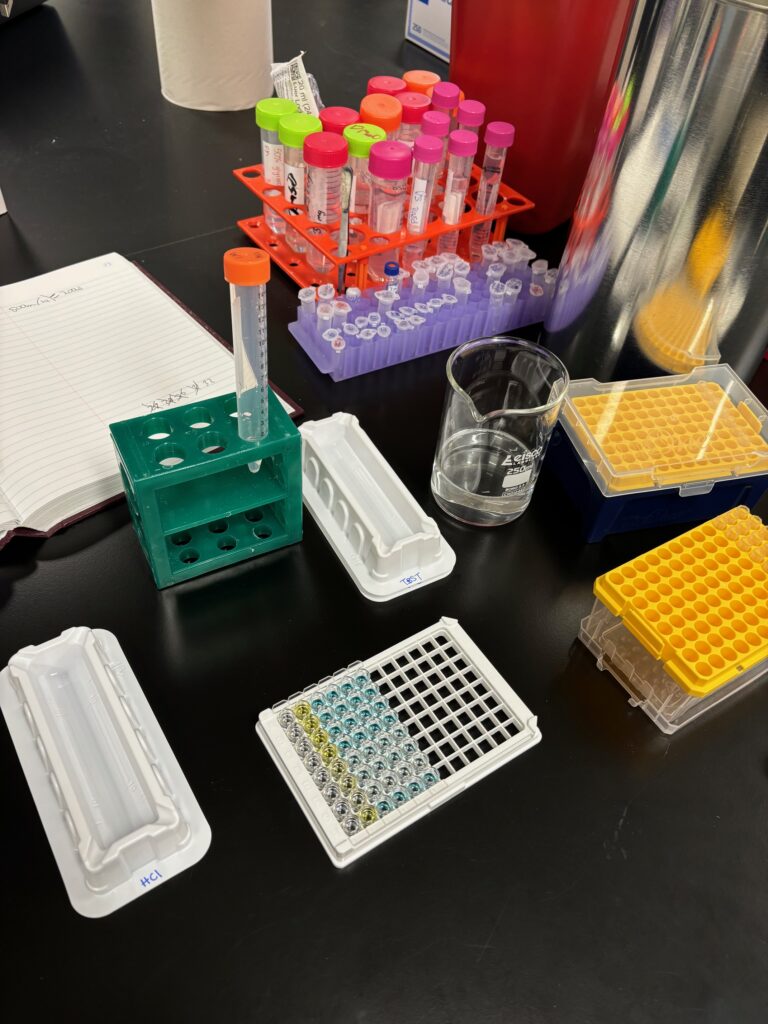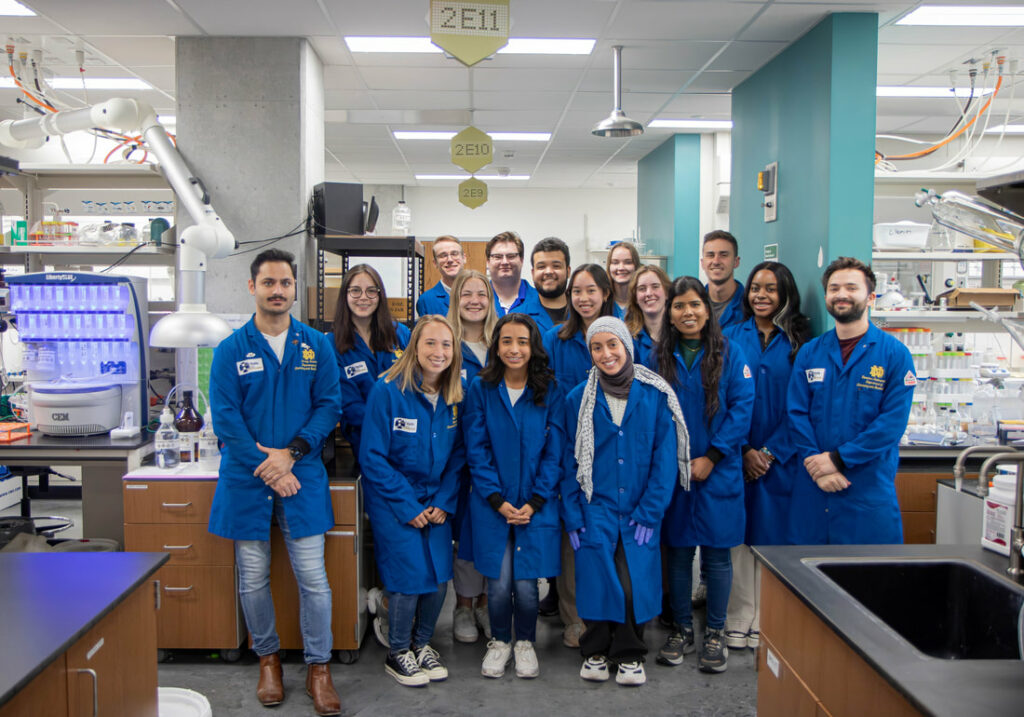Author: Isaac Muir, senior
This past summer, being an Honors Summer Intern Fellow afforded me the privilege of interning for Theatre Y, a performing arts center in the Lawndale neighborhood of Chicago’s West Side that is committed to the geographically equitable allocation of the arts economy in Chicago, and the practice of theatre as a liberatory tool of artistic expression. A key dimension of Theatre Y is its partnership with The Inside Ensemble, a group of men serving natural life sentences with whom Theatre Y goes into prisons to work with on arts campaigns. These campaigns consisting of theatre exercises, writing workshops, and plays are in the name of reparative justice for the incarcerated and innovation in the fight for social justice.
Theatre Y’s working relationship with The Inside Ensemble is in graceful tandem with the Honors ethos of putting writing, oration and academic instruction to the end of a social justice impact. During my internship, I was tasked with working on a collaborative publishing project with Selva Oscura, a micro press also based in Chicago. This project entailed curating an anthology of poetry, plays, short stories and memoir pieces by a collective of incarcerated men dubbed “The Inside Ensemble”. I was able to get the unique experience of being at the helm of the project, and thus having creative control in the process of making the manuscript. This involved an intense immersion in Theatre Y’s physical and digital archives in the way of sifting through hundreds of pages of writing and taking copious notes, listening to recordings of theatre exercises and poetry, and viewing short films made about the Inside Ensemble.
A central focus in my work was to make visible the lived experiences, creative capacities and intellectual worlds of The Inside Ensemble, as well as create a work which others who are interested in restorative justice, prison abolition, and art by incarcerated people can draw from. In order to carry this out I was supervised by Theatre Y’s director, Melissa Loraine, who transmitted the parameters given by the press. I was also directed on the project by a member of the press, MacArthur Genius Grant recipient, Fred Moten.
The way in which this opportunity contributed to my personal and academic edification as well as the conception of my career and post-graduate plans cannot be overstated, and yet while this experience was rigorous and thought provoking, the work did not have the infrastructure of financial abundance that other internships do. This is why the Honors grant, which allowed my summer work to function as a paid internship was essential. Because of Honors, I was able to take part in an opportunity that moved my career ahead by opening up powerful networks in the work I am interested in while strengthening my commitment to the values I form connections around.

Preliminary draft of the cover of Notes From the Inside from the most recent manuscript




















